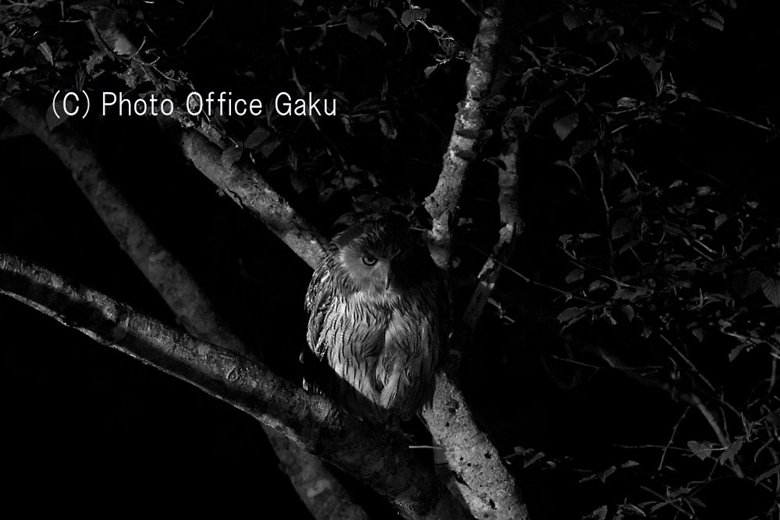
This is a June field report on the tour conducted by Gaku Tozuka, a photographer, when we toured Eastern Hokkaido during the early summer.
Winter Photography Tour of Red-Crowned Cranes, Tsurui Village -Part 1
Winter Photography Tour of Red-Crowned Cranes, Tsurui Village -Part 2
~~~~~~~~~~~~~~~~
June 12 (Sunday) Cloudy with Heavy Rain
We started with taking photos around Lake Furen, early in the morning. Typically, on good weather days, we would start the morning around 4:30 to 5am, but on this day, it was dark and cloudy so we gathered in front of the lodging to begin shooting.
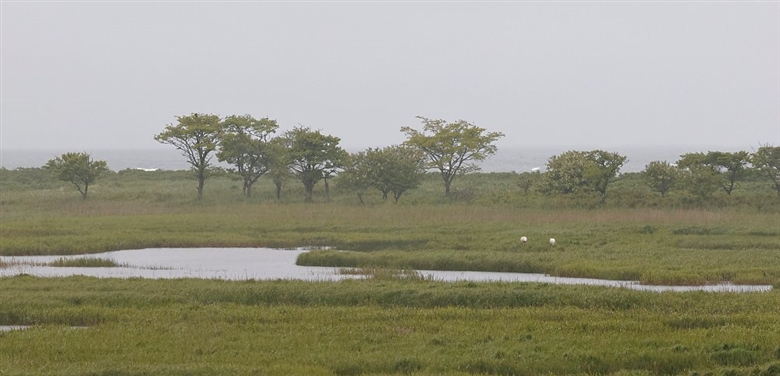
A pair of Red-crowned Cranes were in the marsh.
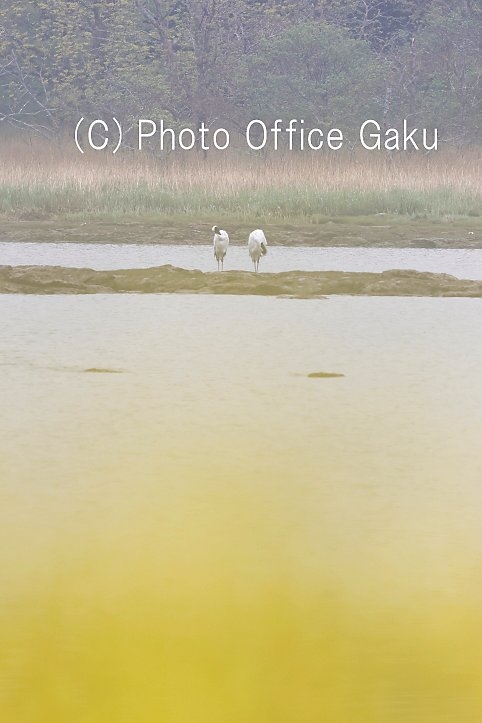
The yellow flowers of the Thermopsis montana in the foreground help to frame the pair off in the distance.
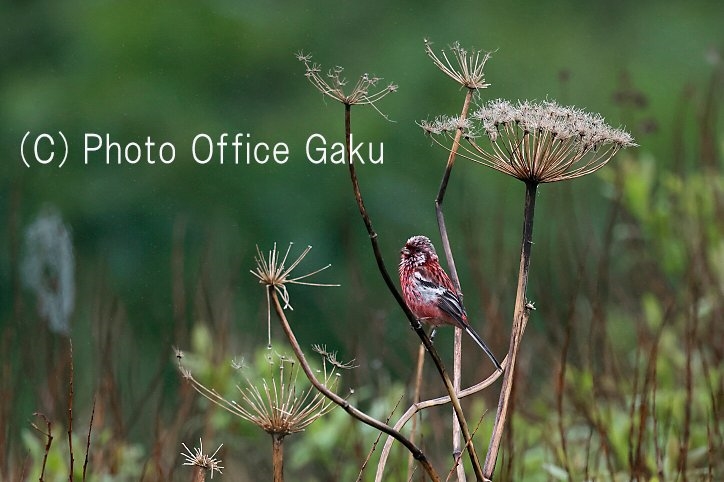
I was loading the bags in the car after breakfast when I saw a bright red male Long-tailed Rosefinch just on the opposite side of the road. Everyone started clicking away.
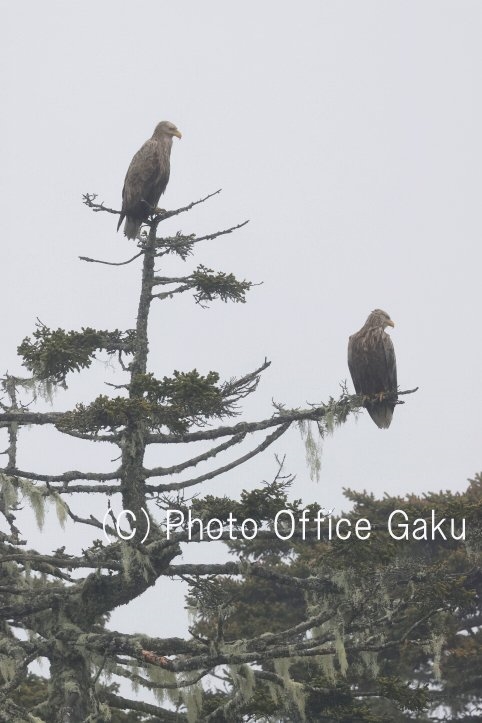
We head to the Ochiishi port, and on the way there were a pair of White-tailed Eagles perched on a large tree. We approached quietly and slowly and showing no signs of wanting to fly away, we could get photos of them from the bridge.
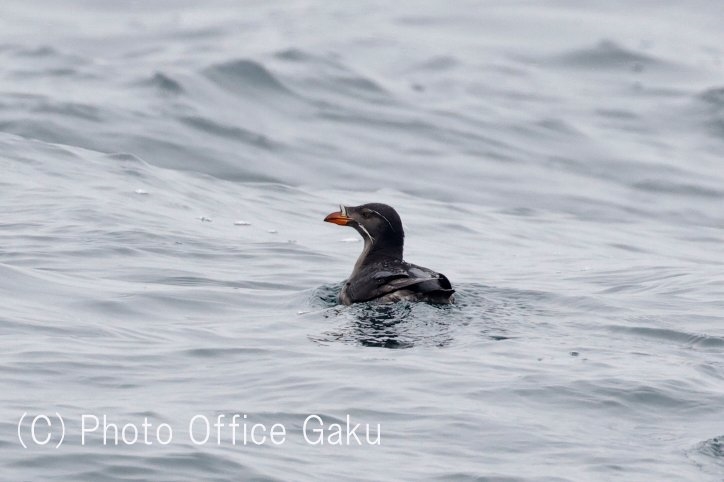
I was honestly a little worried about the rough seas and being able to get out for the cruise in Ochiishi, but we were able to leave safely.
The Rhinoceros auklet was the first thing we saw, appearing now and then. But the real challenge is taking photos with the waves rocking the boat…it was really swaying. Such difficult conditions to get a good photo!
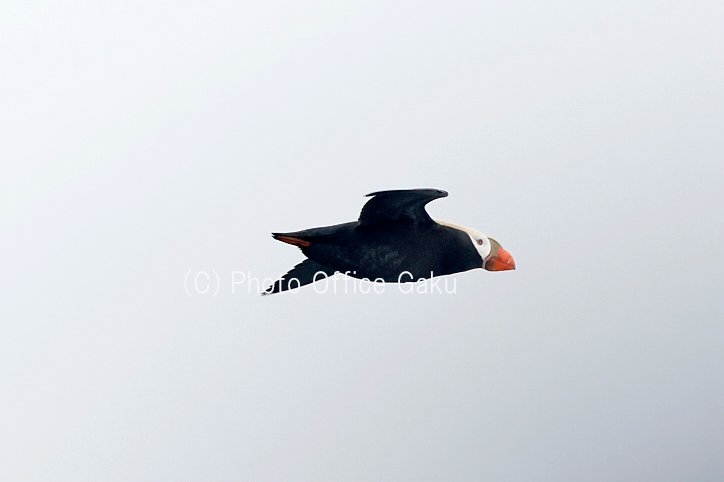
So I happened to look up just as a bird was flying over us…(It was stubby and plump, but flew higher than a puffin…!) So I blurted out “Tufted Puffin!” and luckily or unluckily by the time everyone looked up, the bird had flown so close, but all they could see was the tail as it flew away. These recent years have seen a decrease in the number of sightings, so we were just lucky to see it at all!
*Side note: In Japan, these species are so rare to be seen but they do breed on Yururi Island and Moyururi Islands.
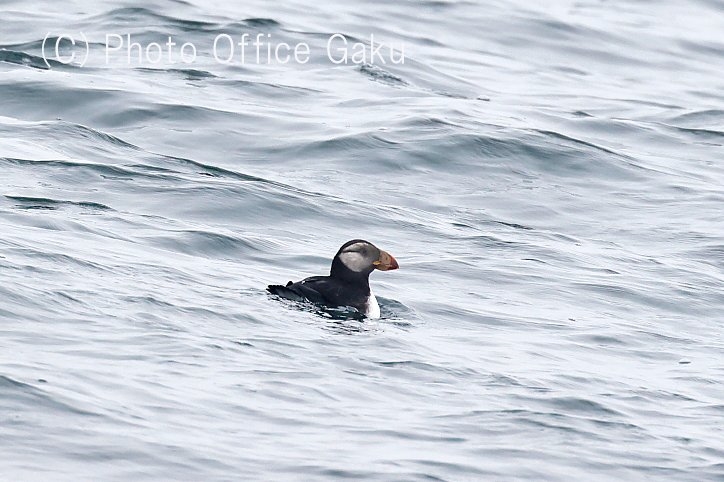
After that, our guide spotted a young Horned Puffin which we photographed. The other tour participants seemed to have trouble getting a good photo of it that was in focus. But this bird is rarely seen in Japan and on top of that, it was in its summer plumage, which is even more rare!
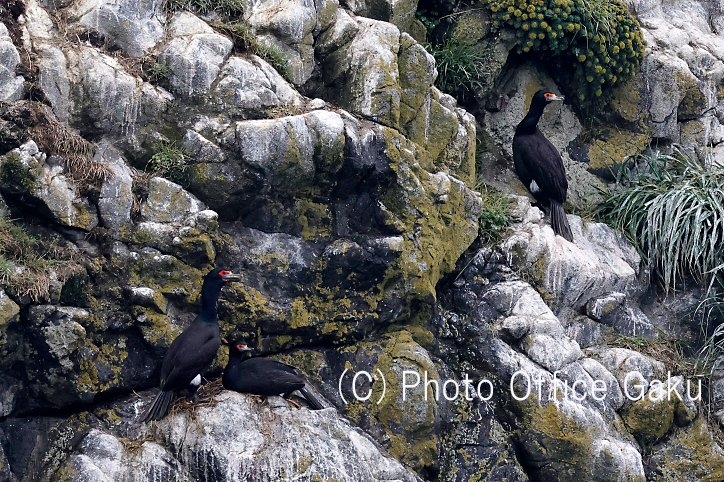
There was some information going around that many Red-faced Cormorants were around this year, so we went to the rocky outcrops. It is very challenging to photograph from the rocking ship, but the tour members did a pretty good job.
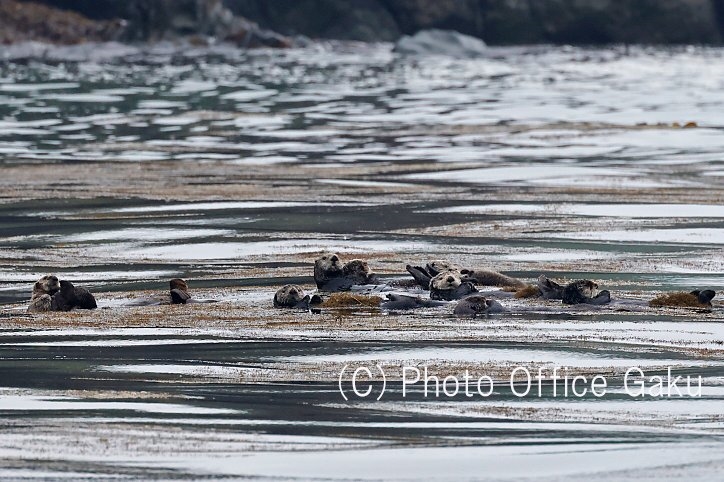
We then made our way to the rocky area where we could observe the Sea Otters, and the first ones we saw were a baby with its parent. Soon after that we encountered a raft of sea otters, maybe 10 or so who were wrapped in kelp. It was like we transported to California! For me, this was the first time to see such a scene and I was super excited! In Hokkaido the sea otters only breed in the Nemuro area (Cape Kiritappu and the Moyururi Islands) so again, we were so lucky to see this many at once.

The otters wrapping themselves in the kelp beds. Sea otters found in Hokkaido are subspecies, Enhydra lutris lutris. It had at one time disappeared from the wild in Japan, but it was confirmed to be breeding since 1980.
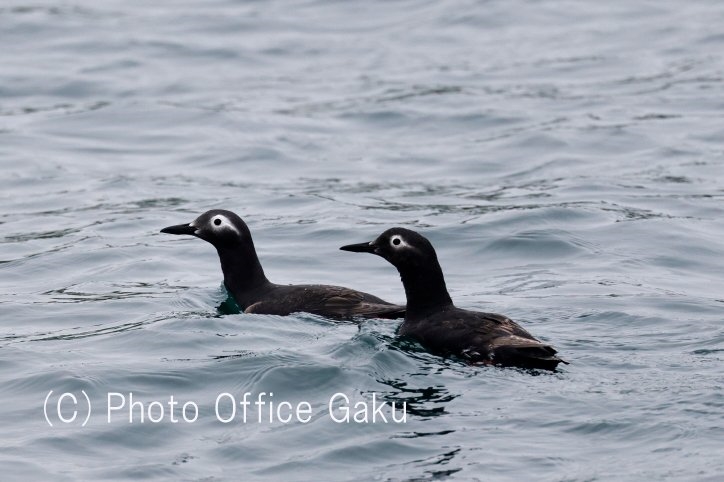
There were some Spectacled Guillemots in the area so now and then we could grab some photos of them as well. Just before entering the harbor to alight, the Arctic Skua also made an appearance. I could not get a good photo of them, but typically they live offshore, so again, we had a fortunate chance to get to see some so close to the port.
June 13 (Monday) Rainy and Remained Cloudy after the rain
We headed to the Nosuke Peninsula in the early morning. There, the deer had already finished off the grass in the most easily accessible areas for photography. This is usually the place that the birds go for collecting nesting materials, but due to the overgrazing, the bird’s numbers are decreasing, and we could not see them. We moved on to some spots where we could see some flowers blooming, but it was quite cold there, so the birds were not feeding near the flower blooms. This is because when the temperatures are cold, the bugs stay close to the ground.
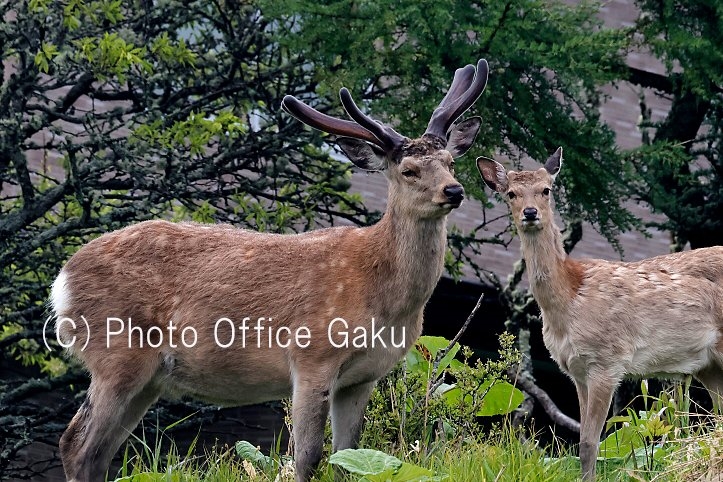
The Ezo deer in their summer coats.
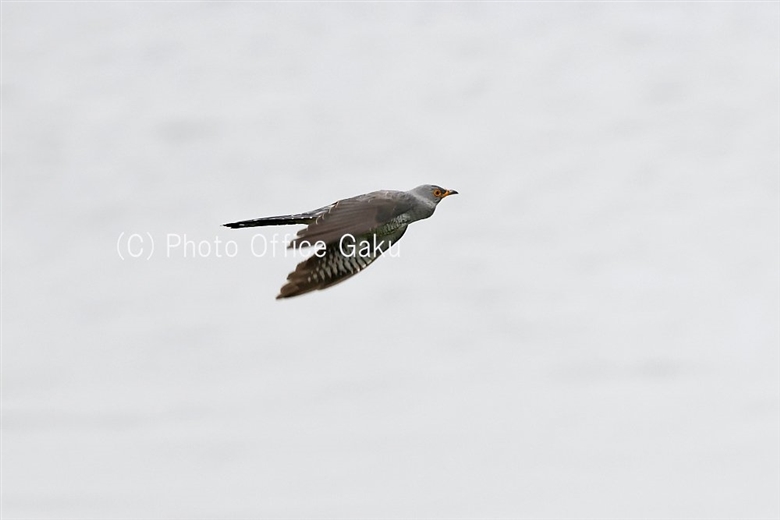
However, the Common Cuckoo was flying around in the area. We could see some other small bird species that were nesting in the area as well.
This day’s lodging in Rausu was the Shiretoko Serai, an inn run by our Saiyu Travel Agency. The dinner was so elaborate and presented to nicely, that I could not believe I was in Rausu. Then at night, we were off to see the Blakiston’s fish owls…if only we could have stayed to relax and enjoy the meal a little longer! lol
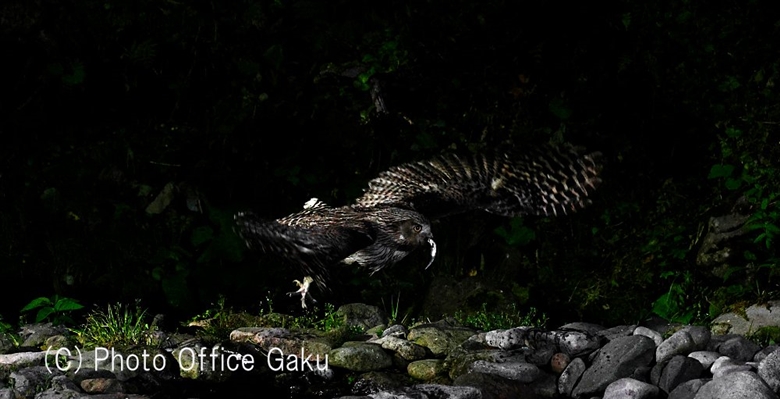
This year, the pair of fish owls had 2 chicks, so the parents were at the feeding spot often to catch food for them. They came at 7:50pm, then again at 8:50, but we did not see them again after that. We finished our evening birding activities as planned around 11PM. (If the Owls had not made any appearance, we would have stayed until midnight, just in case.)
Photography & Text : Gaku TOZUKA (Bird photographer)
Visit: 2022, 11-16 JUN, Eastern Hokkaido
*Contact us, Saiyu Travel for more information about wildlife and bird watching in Hokkaido. We can make various arrangements for your trip. We have our guesthouse Shiretoko Serai in Rausu on the Shiretoko Peninsula.
Please see other article related “Birds Photography in East Hokkaido”
Bird Photography : Steller’s Sea Eagle and White-tailed Eagle (Rausu, Hokkaido)
Spectacular View! Rausu Drift Ice Cruise at Dawn (Rausu, Shiretoko Peninsula)
Rausu’s Drift Ice Cruise and the Drift Ice in the Port of Rausu・The Steller’s Sea Eagle and White-tailed Eagle
Icy Lake Furen: Steller’s Sea Eagle and White-Tailed Eagle (Lake Furen, Hokkaido)
Long-tailed Tit : Winter Photography Tour (Nemuro, Hokkaido)
Tags: Wildlife tour in Japan, Blakiston’s Fish Owl, Rausu, Blakiston’s Fish Owl observatory, Washi no yado, Shiretoko, GAKU TOZUKA, Wildlife of Hokkaido, 知床, Wildlife of Japan, Birding tour Japan, Birds of Hokkaido, Bird Watching Japan, Birds of Japan, Wildlife Photography tour in Japan, Wildlife in Japan
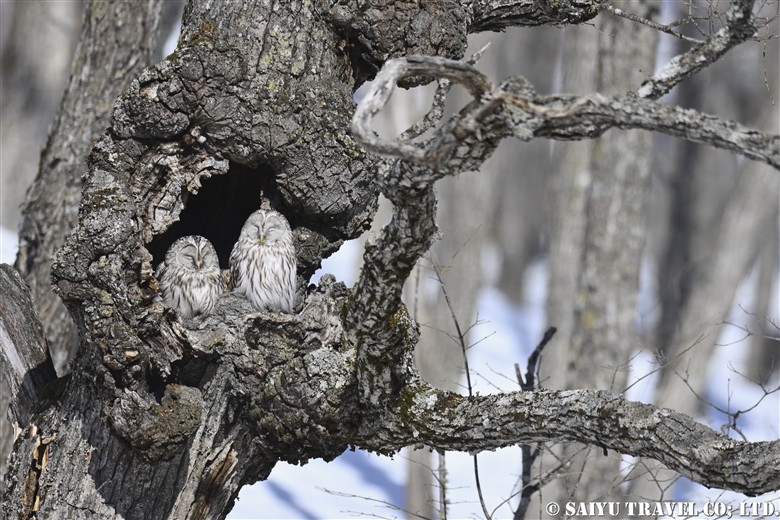
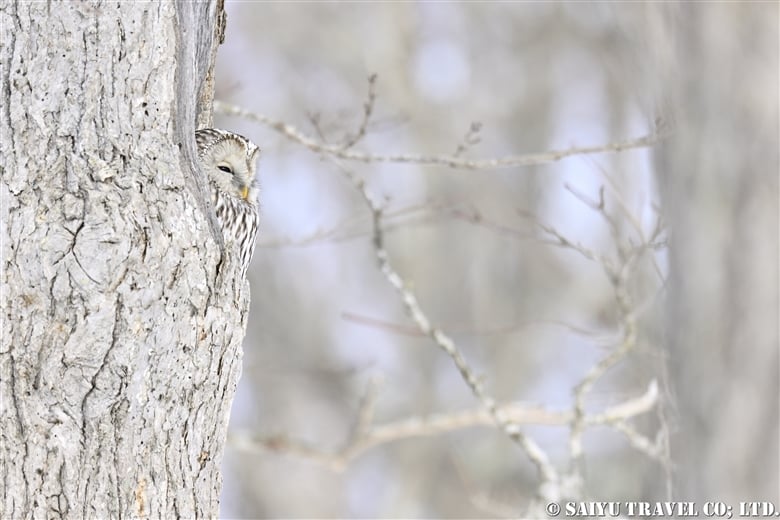
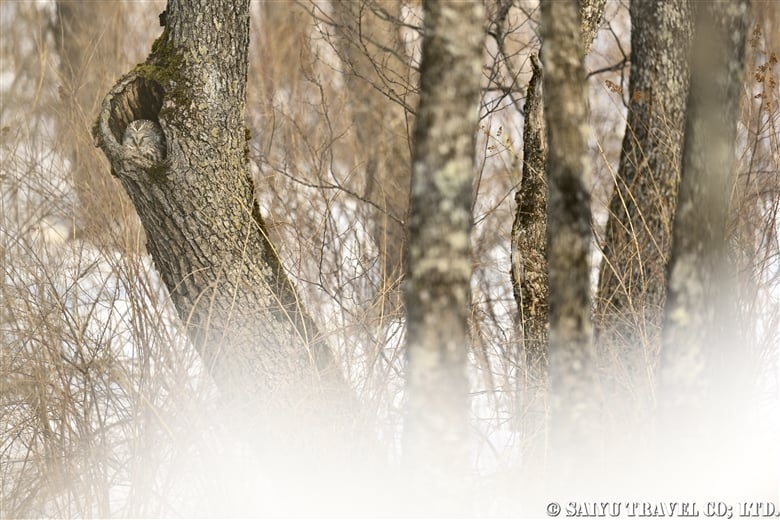
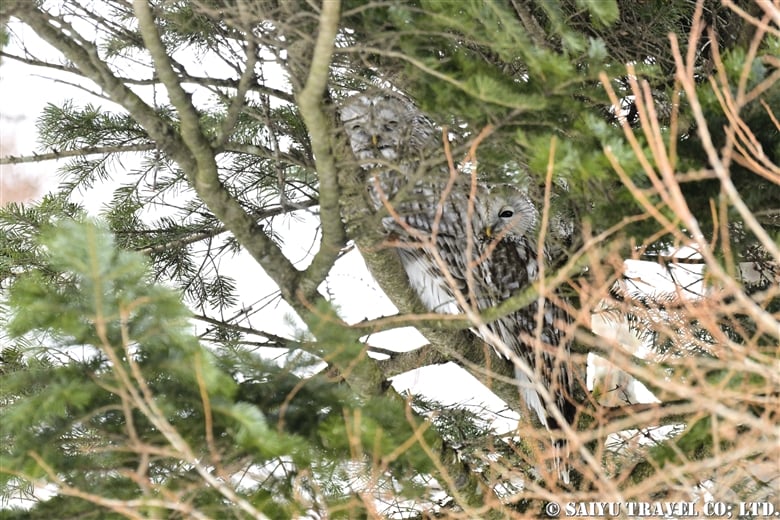




























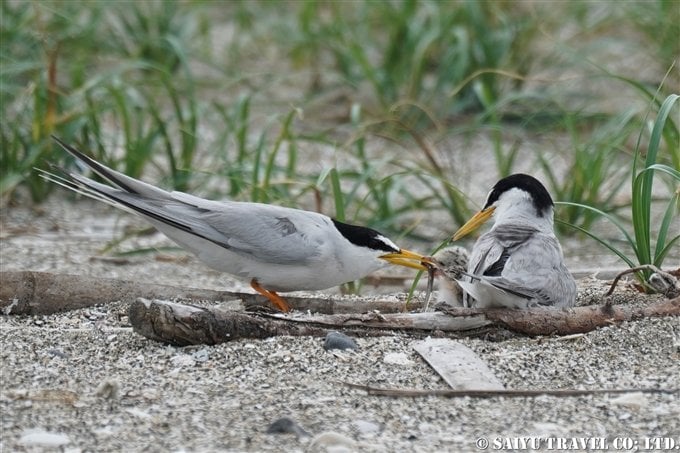
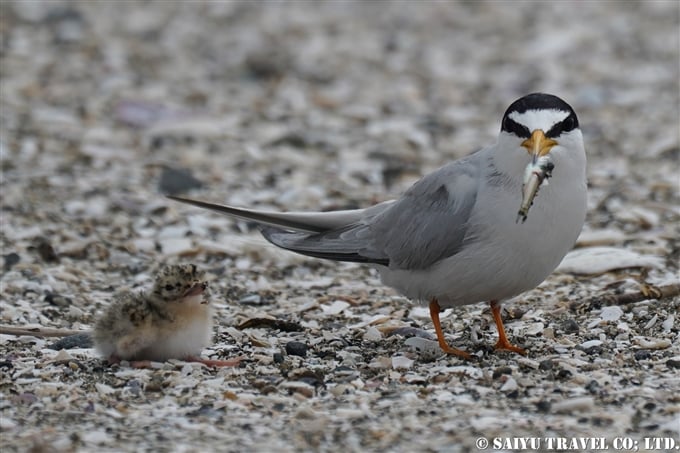
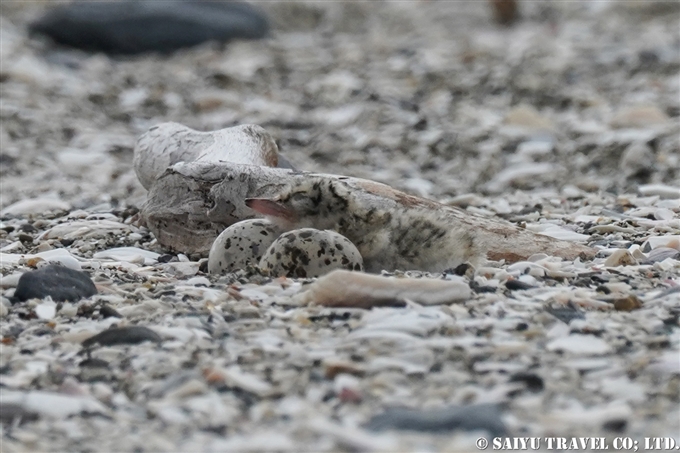
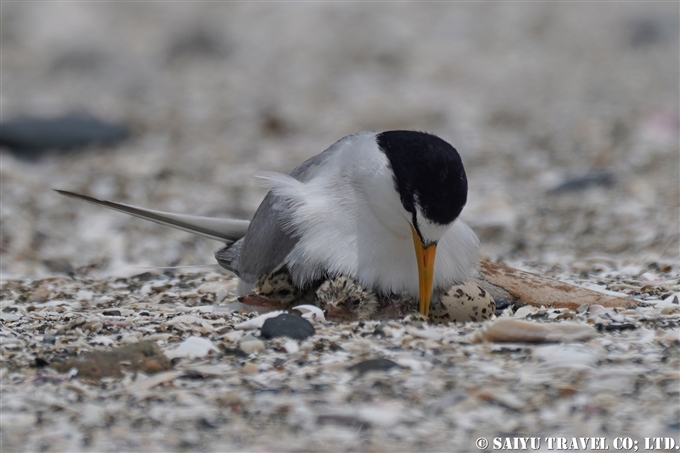

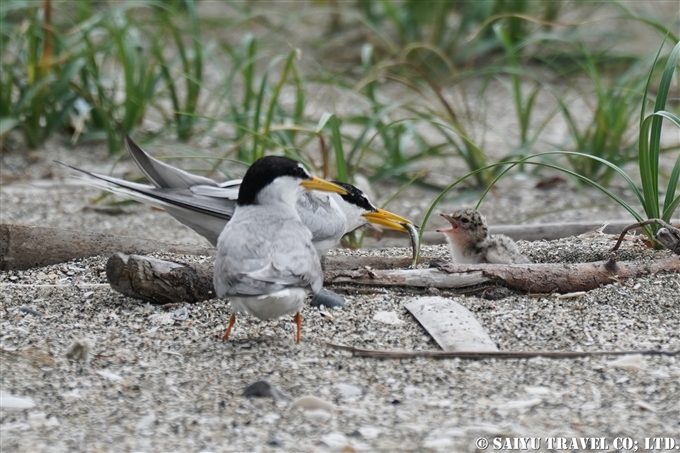
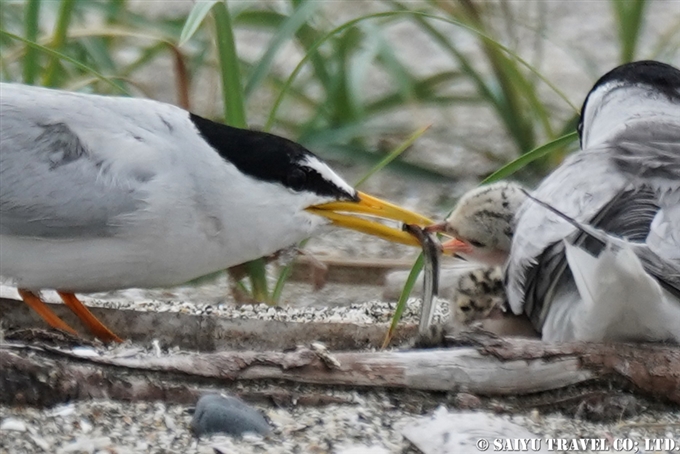
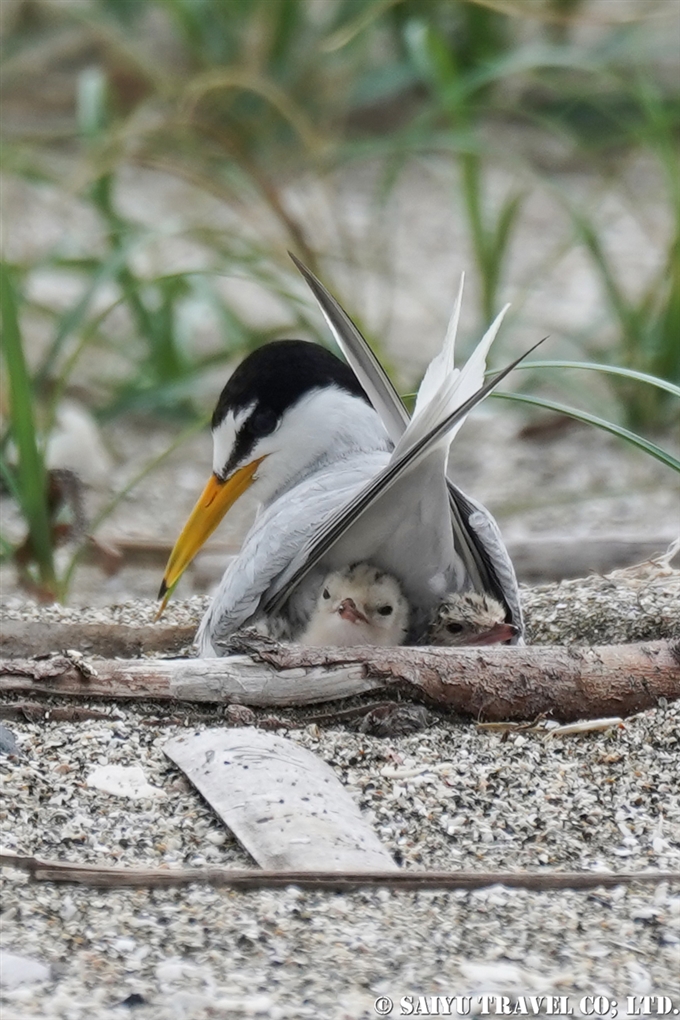





























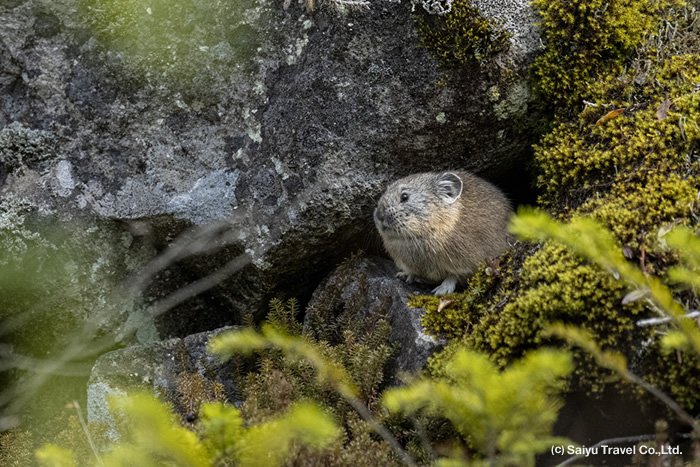
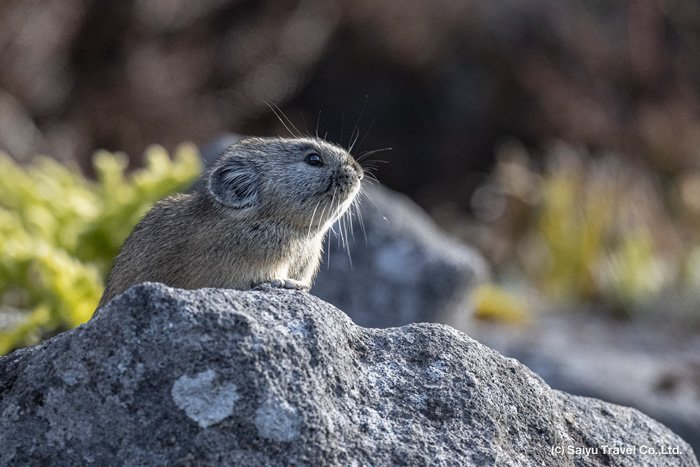






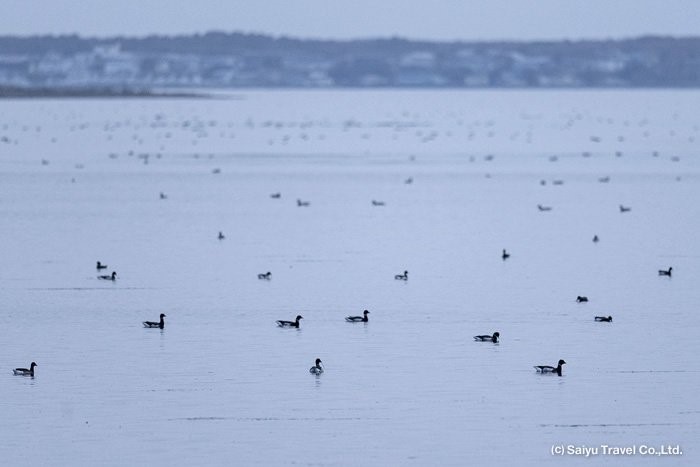
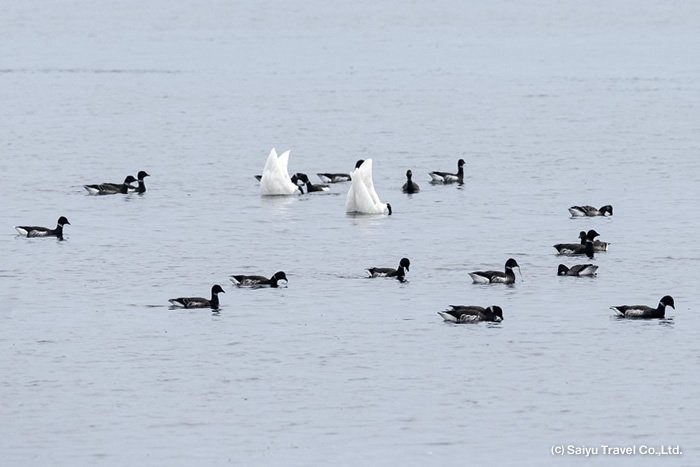
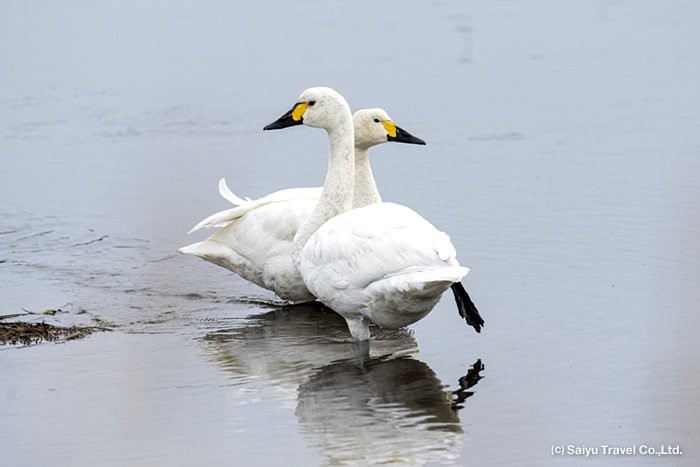
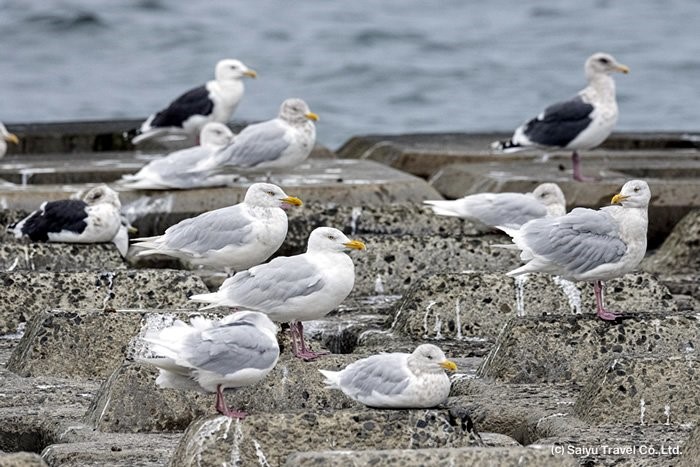
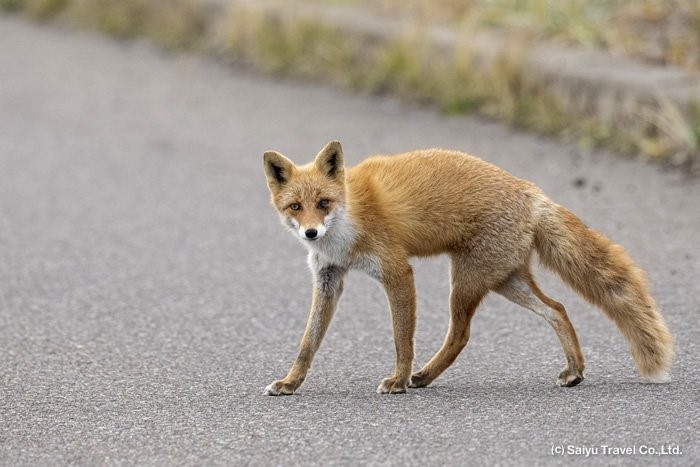
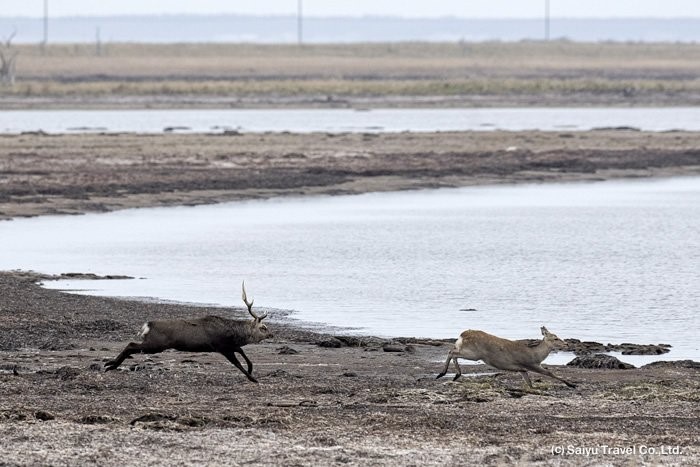
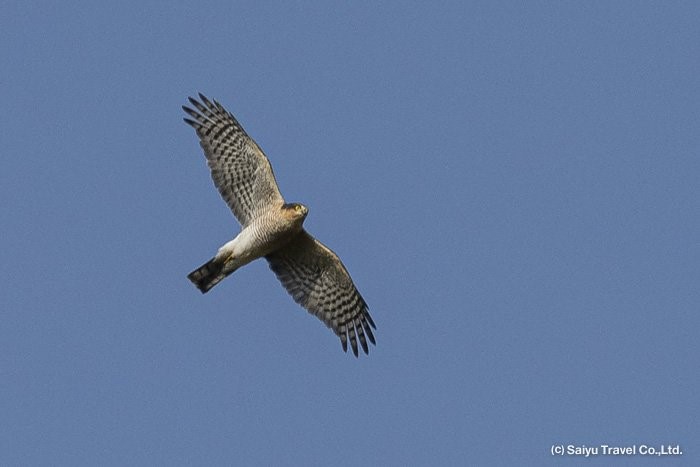
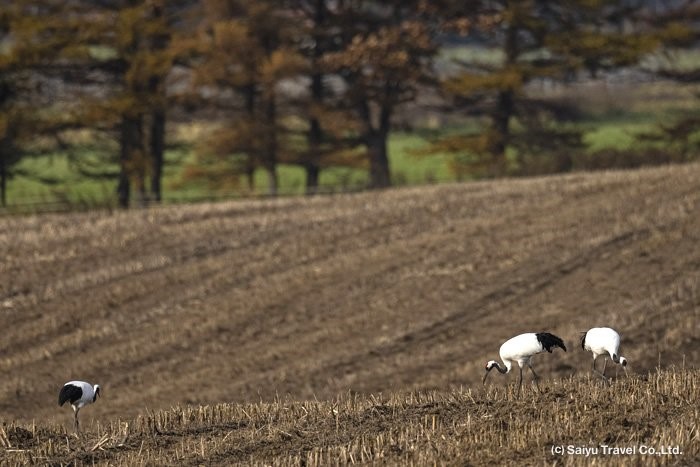
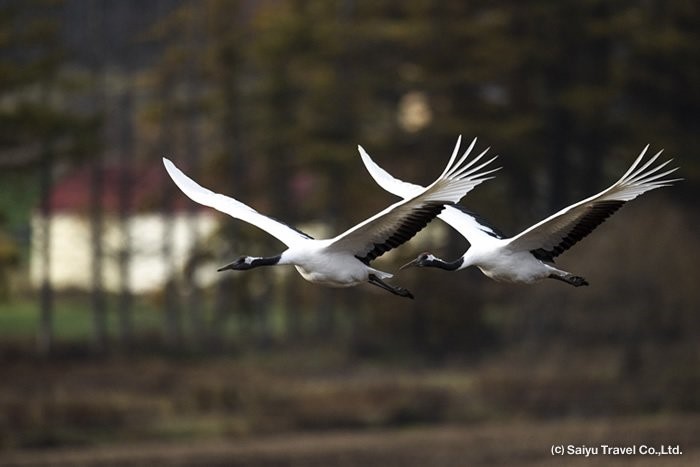
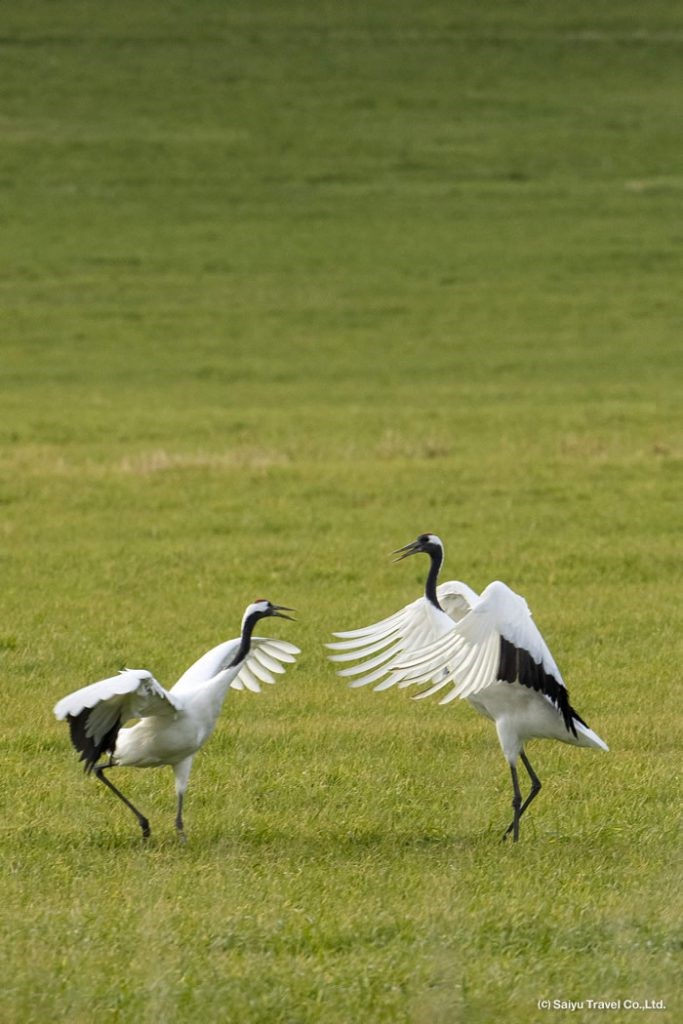








.jpg)


